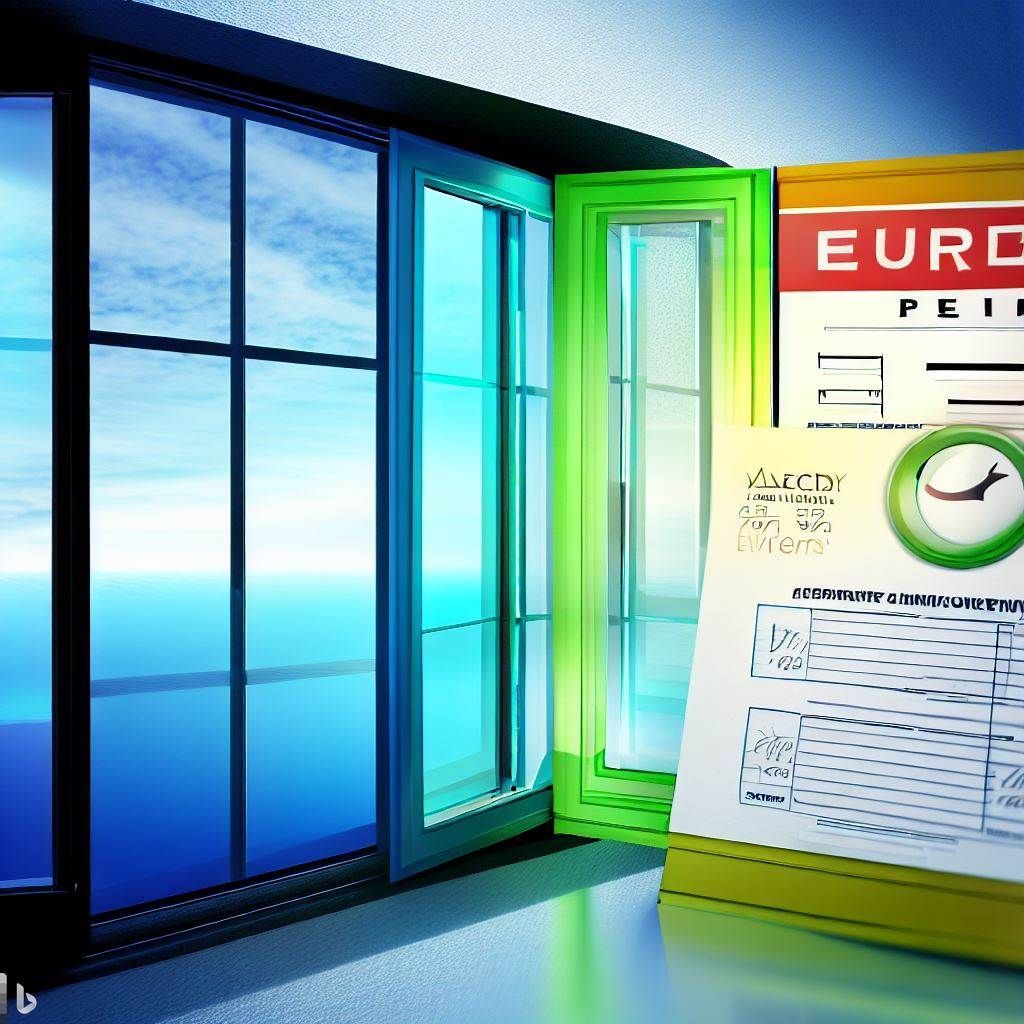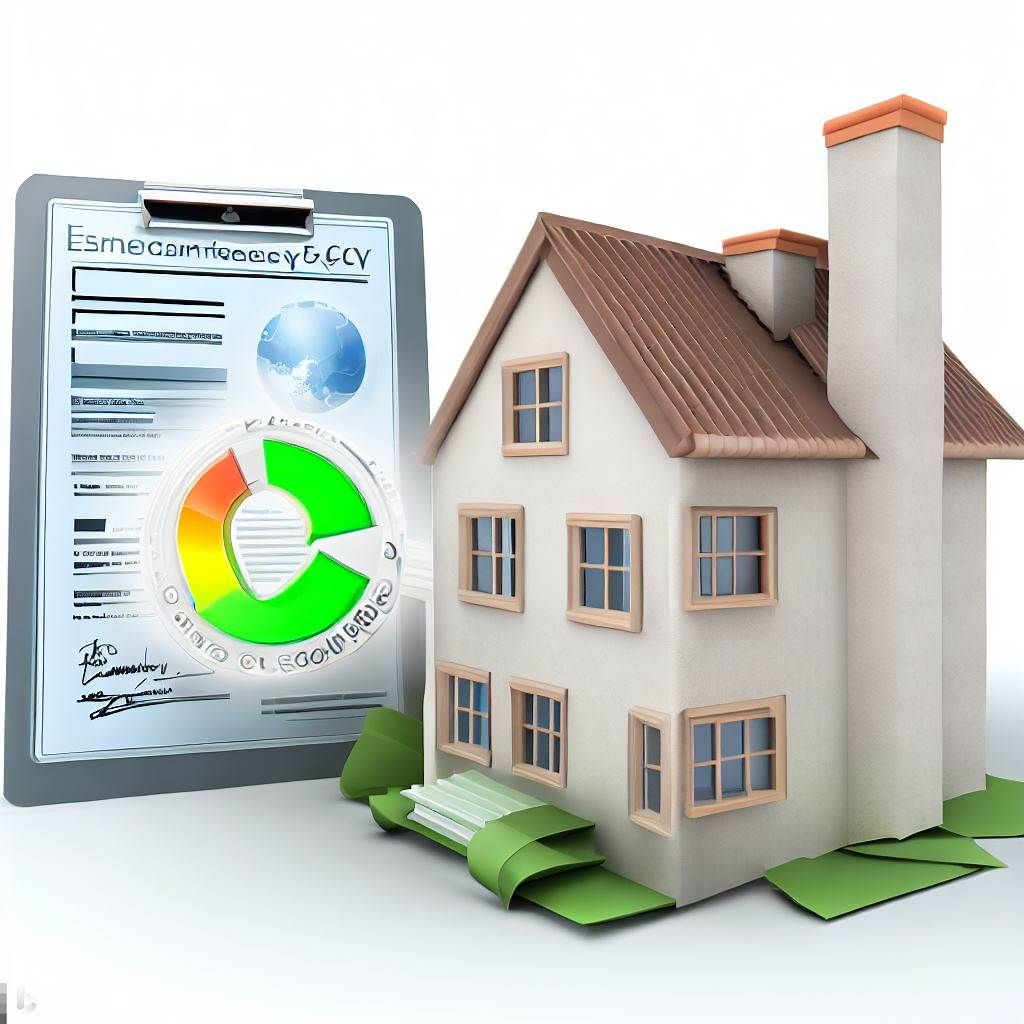Addressing the Controversies Surrounding EPC Ratings: Can Landlords Trust the System?
My Opinion For Landlords - Addressing the EPC Ratings Controversies.

Introduction:
Energy Performance Certificates (EPCs) have become a topic of intense debate among landlords, as the government plans to impose stricter regulations and penalties based on these ratings. In this follow-up article, we delve into the growing scepticism surrounding EPC ratings and the concerns raised by landlords. We explore the limitations of the current system and discuss potential improvements to provide a more accurate representation of a property's energy efficiency.
The Government's Mandate:
The government has proposed a ban on letting properties with EPC ratings below C from 2028, with the threat of fines up to £30,000 for non-compliance. However, many landlords have expressed frustration and confusion over the practical implications of these regulations.
Inconsistencies and Unreliable Ratings:
Landlords have highlighted several issues with the current EPC rating system, ranging from discrepancies between similar properties to instances where recommended improvements led to a lower rating. These inconsistencies have raised doubts about the accuracy and reliability of EPC ratings.
Cost and Feasibility Challenges:
Landlords have expressed concerns about the financial burden of improving properties to meet the proposed standards. While the government has introduced an exemption threshold of £10,000 for costly upgrades, many argue that this threshold should be lowered in areas with lower property values to avoid disproportionately impacting landlords.
Limited Confidence in EPCs:
Industry experts, including the National Residential Landlords' Association (NRLA) and UK Finance, have voiced doubts about the reliability and effectiveness of EPCs. Feedback from a government consultation revealed that only a minority of respondents believed EPCs to be accurate indicators of a property's energy efficiency.
Inadequate Measurement of Energy Usage:
One of the key criticisms of EPCs is that they do not accurately measure a property's actual energy consumption. The assessment process relies on data inputs and assumptions, which can result in inconsistencies and misleading ratings. Landlords argue that EPCs should provide more accurate information about the energy costs associated with heating and lighting a property.
Exploring Alternatives:
To address the limitations of the current system, some experts propose the implementation of comprehensive logbooks that track a property's energy expenditure history. This approach would provide prospective tenants and buyers with valuable insights into the actual costs of maintaining a home's energy efficiency.
Working Towards Improvements:
The Department for Levelling Up, Housing and Communities acknowledges the concerns raised by landlords and industry stakeholders regarding EPCs. They have committed to working on improvements to enhance the reliability and accuracy of the rating system. However, specific details and timelines for these changes have not been disclosed.
Conclusion:
While the government aims to promote energy efficiency through the EPC rating system, it is crucial to address the concerns raised by landlords and industry experts. To ensure effective regulations and informed decision-making, it is necessary to refine the assessment methodology, improve the reliability of EPC ratings, and explore alternative approaches that provide accurate information on a property's energy efficiency. By establishing a more robust system, landlords can make informed decisions while contributing to the country's sustainable energy goals.










